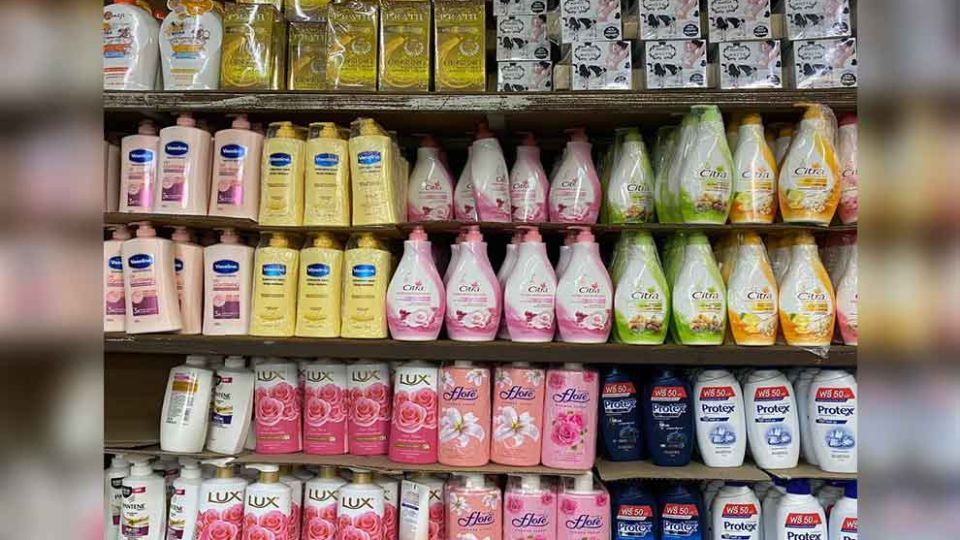August 25, 2025
PHNOM PENH – Thai military action has led many Cambodians to declare a boycott of Thai products. Despite the fell in sales, the owners of many large Thai brands and companies believe this trend will subside once border tensions are resolved.
The Cambodia-Thailand border conflict steadily intensified since the end of May 2025, when Thai troops killed a Cambodian soldier on Cambodian soil. The situation escalated into heavy armed clashes that started early on July 24 and continued until midnight on July 28.
The fighting, and the Thai use of heavy weapons like F-16 fighter jets and cluster munitions, drove many Cambodians to boycott almost all Thai products. This is in addition to a Cambodian government ban on Thai imports of petroleum, gas, electricity and internet services.
Economists and businesspeople in Cambodia suggest it is too early to assess the full extent of the Cambodian public’s boycott.
Cambodian economist and business consultant Lor Vichet conceded that many Cambodians have stopped using Thai products because of Thailand’s infringement on Cambodia’s sovereignty.
However, he explained that it is difficult to evaluate the scale of the boycott since no institution or independent company has yet conducted any formal research or surveys on sales trends in Cambodian stores or markets.
“Overall, it depends solely on Cambodian consumers. I can’t make any assumptions about the issue because there’s no clear research yet. What I have observed generally, is that sales at once popular Thai branded outlets like PTT fuel and Amazon Café have dropped significantly compared to before the border conflict,” he said.
Regarding common retail goods, Vichet added that it’s currently unclear how much the boycott has impacted the demand for daily consumables such as soap, cosmetics, snacks or noodles.
He reiterated that drawing a clear conclusion will require detailed data on the monetary value of imports from Thailand, broken down by product category over the past few months, compared to the same period last year.
Trade data revealed that Cambodia–Thailand bilateral trade volume has declined since the end of May, with a major fall in July when tensions boiled over.
The General Department of Customs and Excise (GDCE) reported that in July 2025, Cambodia-Thailand bilateral trade totalled $206.88 million, a 13.15% decrease compared to July 2024. Exports to Thailand were $40.96 million (down 31.3%), while imports amounted to $166.19 million (down 44.1%).
In June 2025, however, bilateral trade reached $314.14 million, down just 2.59% drop from the June 2024 figures.
Despite this situation, executives at several major Thai companies remain optimistic, believing the boycott won’t last long and that everything will return to normal once political and military tensions ease.
Thai outlet The Nation reported this week that Wilaiwan Kanjanakanti, senior executive vice-president of finance at PTT, Thailand’s state-owned energy company, acknowledged that the border dispute has led some Cambodians to boycott Thai products, including PTT fuel and Amazon Café.
She stated that while the company performed well in the first half of the year in Cambodia, significant impacts are expected in the second half.
“We are closely monitoring the situation and expect it to return to normal soon. When the situation improves, we will reevaluate and review our business operations in Cambodia,” she added.
Additionally, The Nation quoted a senior executive from Carabao Group, a Thai beverage company.
“Thai goods and brands may face some challenges, but we believe it will be short-term,” he said.
“That confidence remains, and in the next 6–12 months, we hope the situation will return to normal, as Cambodian people strongly favour Thai products — just as Thai people love Japanese products,” he continued.


